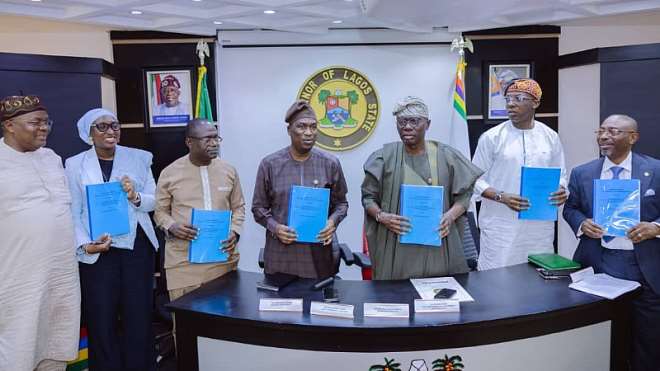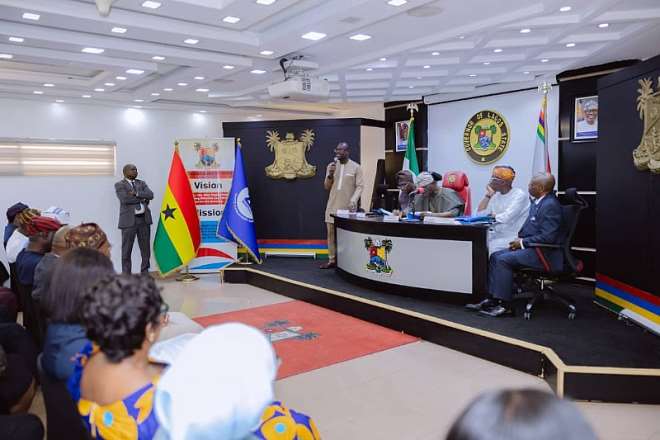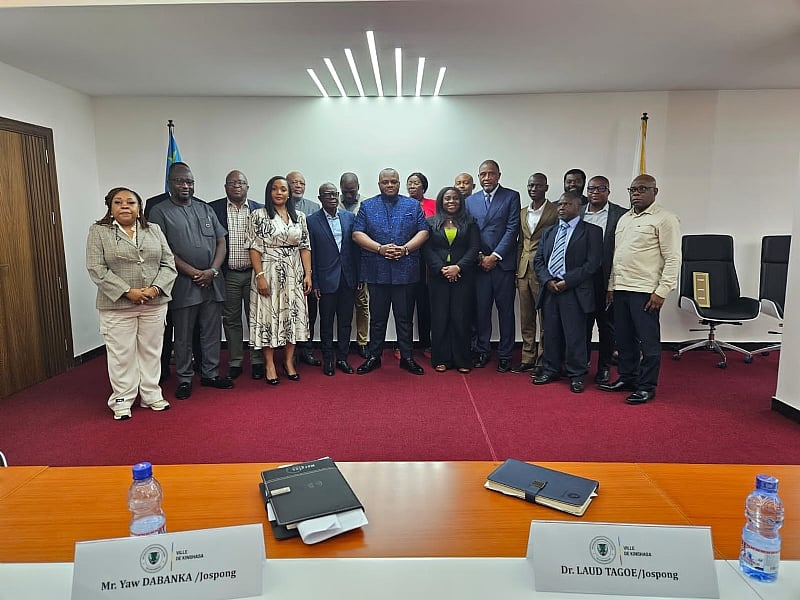Dr. Joseph Siaw Agyepong, Executive Chairman of the Jospong Group of Companies, has issued a bold call for African investors and entrepreneurs to take charge of the continent’s economic liberation.
Speaking to the Modern Ghana News Network, he stressed that economic independence is no longer the domain of politicians, but a challenge that must be met head-on by business leaders.
“Economic independence hinges on entrepreneurship, investment, inter- and intra-continent trading, and removing barriers to our movement within the continent,” Dr. Agyepong said. “Politicians fought for political independence, and now it’s the turn of business leaders to fight for economic independence.”
The Jospong Group, through its flagship subsidiary Zoomlion, has made significant strides across the continent. In what Dr. Agyepong describes as “African unity through industrialisation,” the company has expanded operations to several African cities and countries, including Lagos in Nigeria, Kinshasa in the Democratic Republic of Congo, Addis Ababa in Ethiopia, Ouagadougou in Burkina Faso, Uasin Gishu County in Kenya, and the Ministry of Environment in The Gambia.
Recognised as a leader in waste management on the continent, the Jospong Group has been lauded for offering innovative, homegrown solutions that promote environmental sustainability and public health. Its regional partnerships are helping to build cleaner, healthier cities while promoting African ownership of critical public services.
In a major international collaboration, the group recently signed an MoU with South Korea’s Cheil Engineering Company Limited to promote circular economy initiatives around textile waste recycling and renewable energy across Africa.
Dr. Agyepong believes that Africa already possesses the tools needed to compete globally—if it acts with unity and determination. “We must utilise the size of the continent, the abundant natural resources, the huge labour force, and the enabling environment, including the conducive climatic environment, to stand and defend the continent from exploitation,” he said.
As a leading figure in Africa’s private sector, Dr. Agyepong emphasised that the time has come for African entrepreneurs to collaborate across borders. He called for a stronger push towards regional economic integration and intra-African trade, noting that the private sector—not politicians—must lead this charge.
“We must deepen regional coordination and cooperation to boost intra-African trade and investment,” he said, urging the continent to dismantle artificial trade and investment barriers that have stifled growth and innovation.
He also underscored the importance of empowering the private sector to drive economic transformation and diplomacy. “It’s through coordinated private sector leadership that we can develop and implement innovative solutions to our continent’s pressing challenges, from waste management to climate change,” he added.
The Jospong Executive Chairman further advocated for cross-border collaboration and practical economic solidarity across the continent. He believes that shared knowledge and experience among African business leaders will be critical to creating lasting solutions that stimulate sustainable growth.
Dr. Agyepong also stressed the need for African governments to support indigenous businesses with the right policies and investment environments. “We must support our indigenous companies to lead the charge in the renaissance of our continent,” he said. “By doing so, we can create a brighter future for ourselves and for generations to come.”
He cited the Jospong Group’s ongoing efforts in waste management as an example of how African companies can both serve public needs and drive economic transformation. “Waste management is a critical component of economic development,” he said. “Our efforts are not just about service delivery—they’re about shaping Africa’s economic future.”
According to Dr. Agyepong, the company’s work is generating employment, supporting sustainable development, and reinforcing the foundation for a healthier, more self-reliant Africa.
“By working together, Africans can create a prosperous and sustainable future for themselves and for generations to come,” he concluded.





